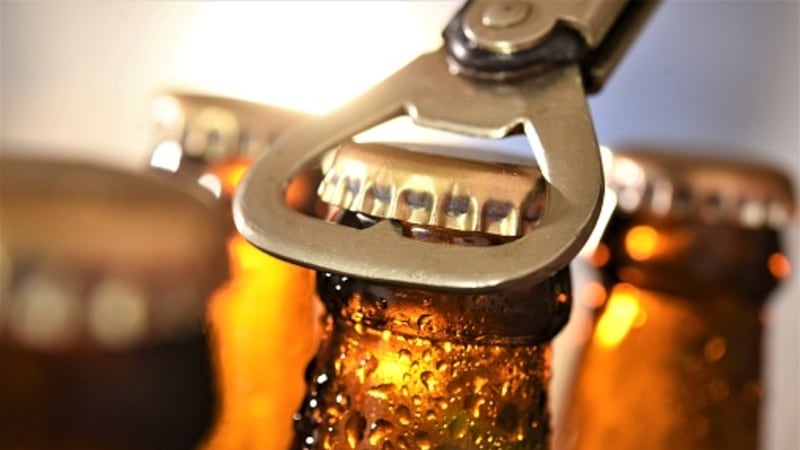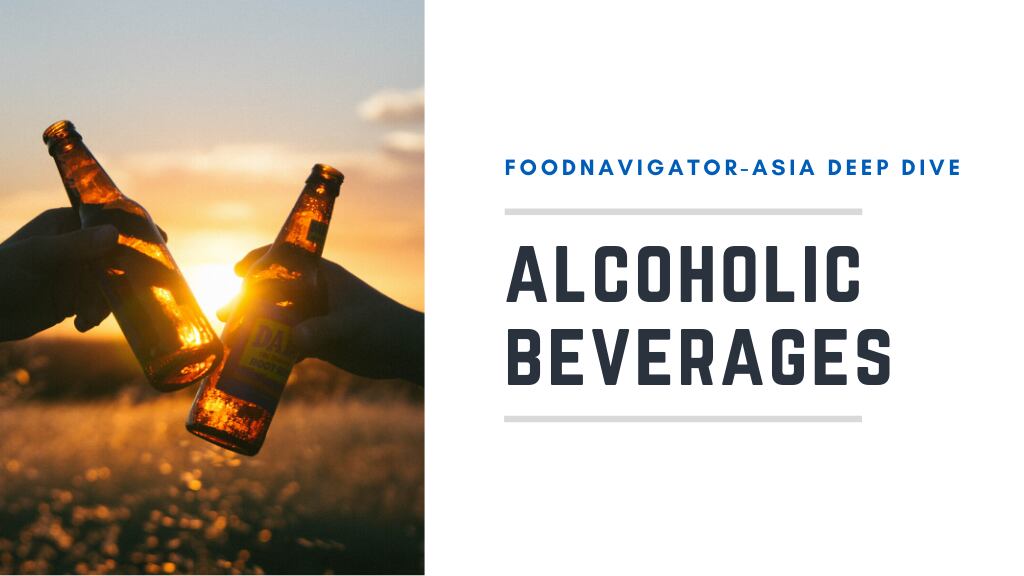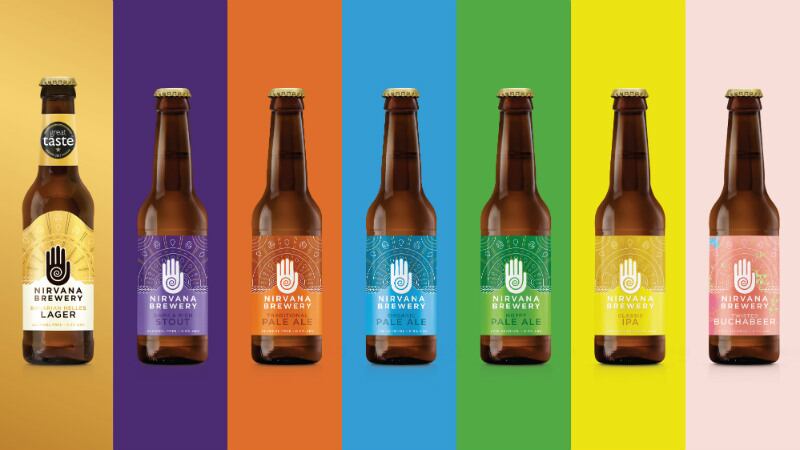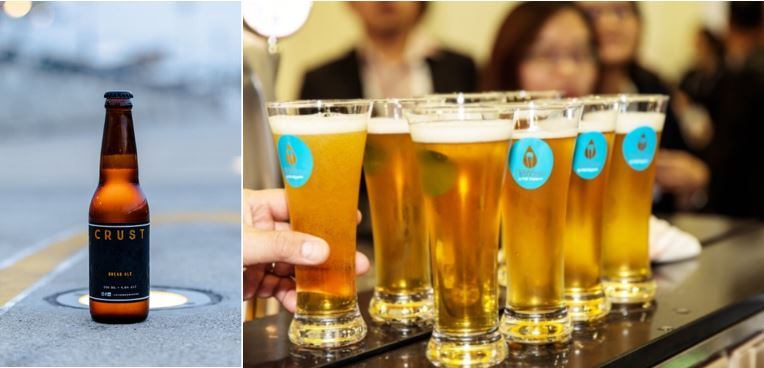Both Heineken and Tiger are operated by HEINEKEN APAC in the Asia Pacific region. Despite losses from on-site beer consumption wrought by lockdowns throughout the region, the firm has maintained that online sales have more than made up for this.
“Where countries have to close F&B outlets and implement some form of lockdown as part of safe distancing measures, we [have seen] an impact on the sale of our beers,” HEINEKEN APAC Heineken and Tiger Brand Director Maud Meijboom told FoodNavigator-Asia.
“The impact has differed by brand, for example whether they have a significant footprint in the F&B outlets, [and] for newer products it also depends on what channels we are looking at, e.g. new products we have launched in retail are performing in line with the trend in that channel.
“[That said], online sales are going up for us during this period for two reasons: With safe distancing measures in place, a number of countries have implemented closure of F&B businesses and confined people at home. The lack of options is a boost for online sales, where available.
“Because of this some outlets have moved to selling their products online. Next to that, there is an increase in demand via e-retailers, who also include our products.”
While Meijboom remained coy on specific profit and loss numbers, she told us that both brands have moved to revise their marketing strategies in APAC, on a market-by-market basis.
“Depending on what stage of the crisis a market is in, consumers are changing their consumption and purchase behaviours, and this is especially true in markets under some form of lockdown,” she said.
“To maximize reach and relevance, [we are] continuously adapting our media and below-the-line (BTL) strategy based on that. In general, for markets in lockdown or with limited movement allowed, we have increased efforts on digital, social and TV.”
BTL advertising generally refers to more specific, consumer-targeted forms of advertising via social media, emails, events and the like.
That said, Meijboom admitted that it is as yet not possible to know what ‘normal’ will mean for the beer and alcohol industry post-COVID-19, but stressed that a digital focus and intra-industry support is of the utmost importance.
“It is difficult to say for sure what the new normal will look like and also how swiftly the new normal will establish market by market. It will happen gradually, and consumers will adapt to that – New trends will be driven by the consumers,” she said.
“There will certainly be a boost in online sales and consumer behaviour as a consequence is likely to change, and we have to prepare for that. Digitalization is going to stay and progress further.”
Not all is doom and gloom either – what COVID-19 has also managed to do is instill a sense of urgency and preparedness in the industry, as well as speed up implementation, creativity and entrepreneurship to find new solutions that otherwise might not have been tested if the status quo had been maintained.
“We hope this creativity and the feeling of community, although we are not connecting physically, will remain, that together we are stronger. And that we have to continue to support each other, wherever we are,” she added.
“The industry will be better prepared to handle a crisis of this magnitude including the necessary agility to adapt. We have learned to be creative in many ways to organise ourselves and we take that with us for the future.”
Innovation has not stopped
Despite all that is going on, product innovation has not stopped for the firm. According to HEINEKEN APAC Marketing Transformation Director Sarah Maddock, variety is the key factor for alcohol markets in this region.
“Consumers want to experiment with more choices and diverging tastes, ranging from sweeter options like cider to lighter, less bitter beers and in different styles like wheat beer,” she told FoodNavigator-Asia.
“For example, our introduction of ciders in multiple markets globally (e.g. Strongbow), including Vietnam and Malaysia in APAC, has been very successful, as has our wheat beer brand Edelweiss introduced in Korea, which originated in the Alps in Austria.
“[There have also been] Heineken Silver in Vietnam and Tiger Crystal in multiple APAC markets, [both of which are lighter options launched to] appeal to a group of people which prefer lighter, less bitter beer. These are also doing really well, especially with the Millennial and Gen Y generation and health-conscious beer drinkers.”
Meijboom added that product innovation is able to positively impact the ‘original’ mother brand by widening exposure to it, such as Tiger Crystal can help Tiger Beer.
“Firstly, innovation and broader taste experiences is healthy for the category as a whole as it keeps it fresh and relevant, meets changing needs, introduces people who wouldn’t ordinarily drink the original options to the category, and showcases just how diverse and interesting beer can be,” she said.
“Secondly, innovation is a great complement to the original product and always has a positive impact on the mother brand. It brings in new consumers and introduces people who may not have chosen to drink the original.”
Tiger’s COVID-19 response
Despite the optimism Meijboom conveyed, there is no doubt that losing on-site revenue would be a hard blow for the firm. Lockdowns have hit the food service industry particularly hard in APAC, hence Tiger Beer opted to focus on keeping these in business as a major part of its COVID-19 #SupportOurStreets intiative.
“What is very concerning to us is that because of the circuit breaker (in Singapore) or other lockdown measures, the business impact on our local pubs, restaurants, coffee shops and food courts is severe. These are our customers and they make our streets the lifeblood of every community,” said Meijboom.
The campaign calls for consumers to pledge monetary contributions to local F&B outlets, which will see Tiger reciprocating with two bottles of beer to be redeemed at the outlet when it is reopened post-lockdown. It was first launched in Singapore and Malaysia.
“Tiger has pledged S$1mn (US$706,000) towards this initiative, starting with S$100k (US$70,600) cash and together with the contributions from Singaporeans, the collective donation will benefit more than 440 F&B outlets across Singapore,” Faye Wee, Marketing Director at Asia Pacific Breweries Singapore (HEINEKEN’s local arm) told us.





